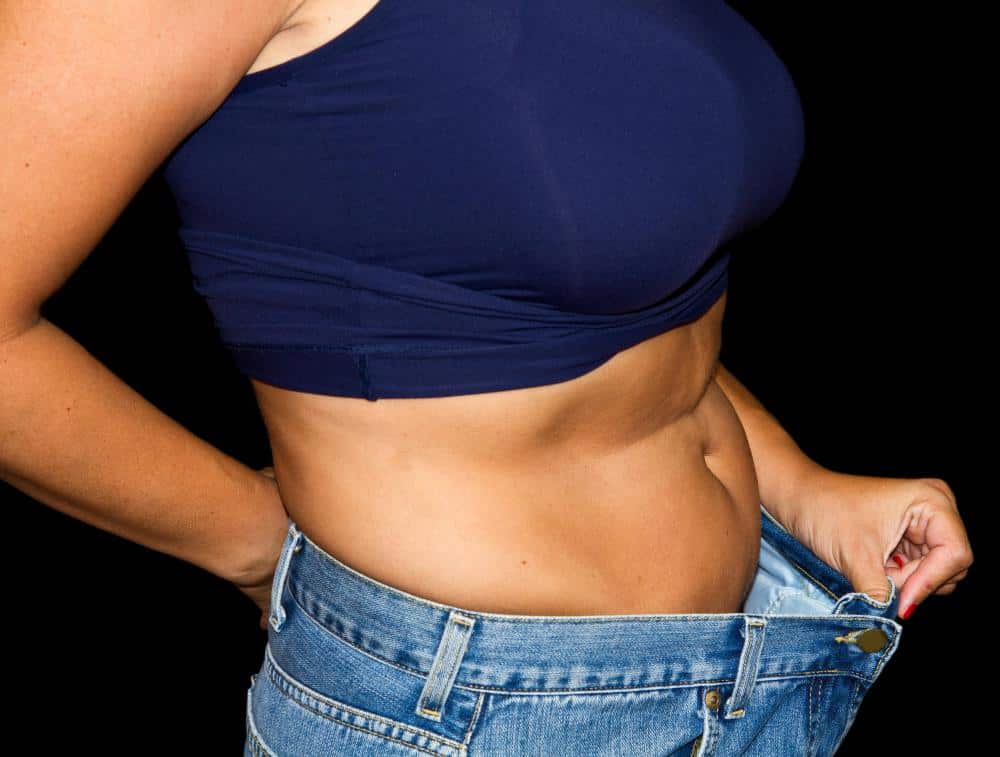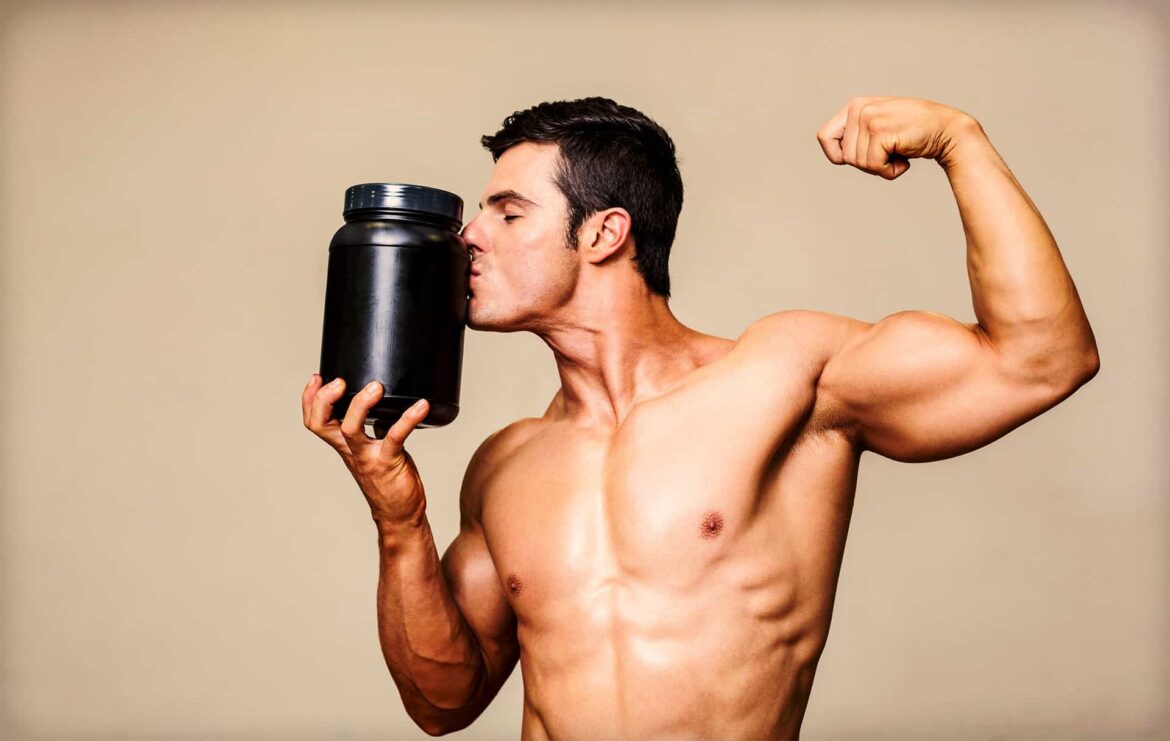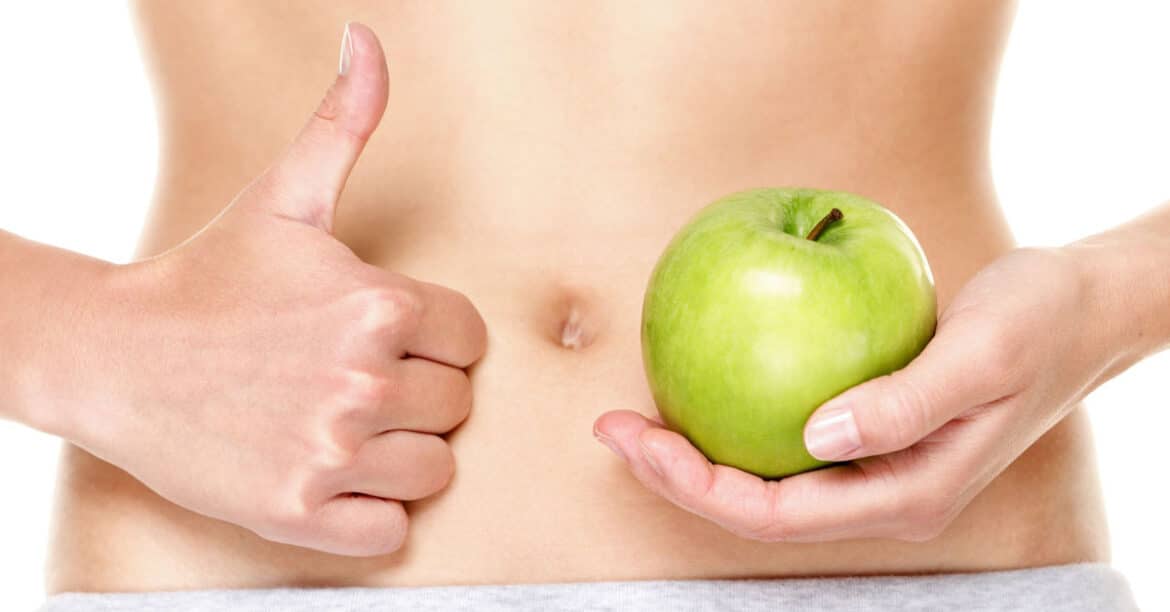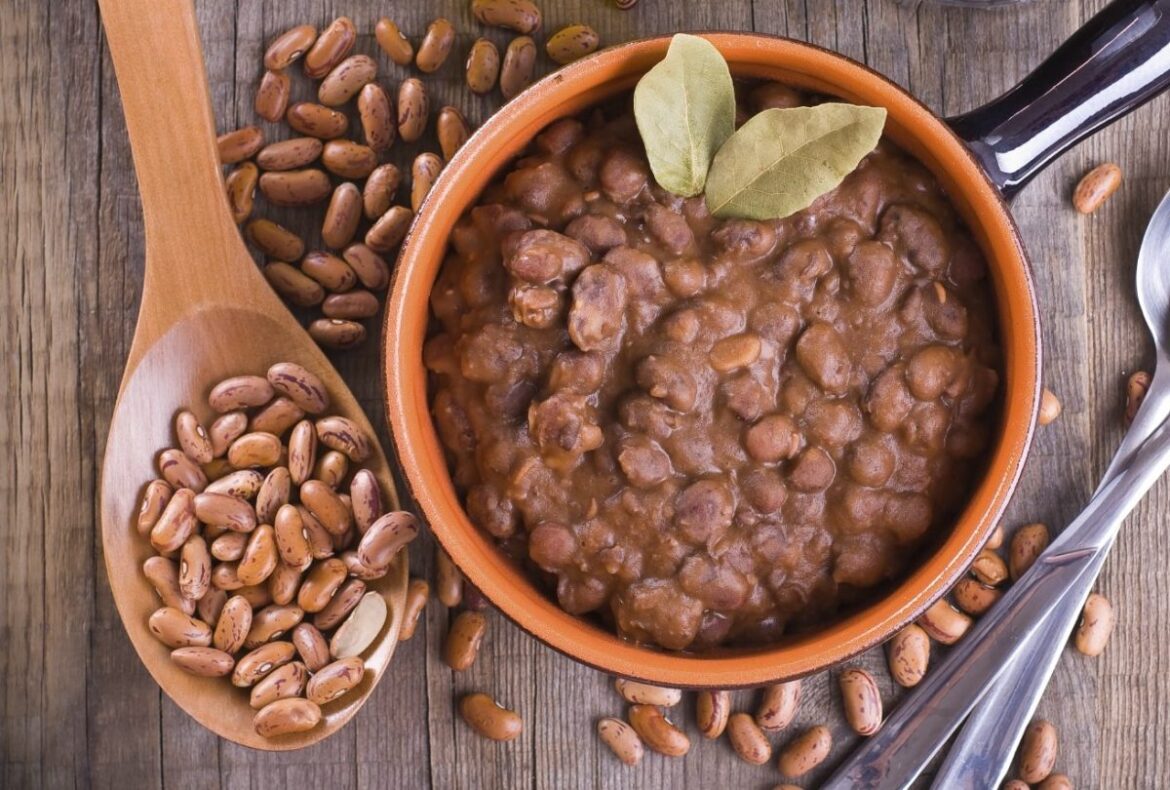Introduction What Health Insurance Covers Weight Loss Surgery: Health insurance is a complex and diverse industry, with varying policies, providers, and coverage options. When it comes to weight loss surgery, coverage can greatly differ, depending on the specific insurance plan and the individual’s medical condition. This article explores the fundamental aspects of what health insurance typically covers regarding weight loss surgery and the factors that influence coverage decisions. Weight loss surgery, which includes procedures like gastric bypass, gastric sleeve, and adjustable gastric banding, is often considered a medically necessary intervention for individuals who are morbidly obese or face significant health risks due to their weight. Health insurance providers typically cover these surgeries when specific criteria are met. These criteria often include a minimum Body Mass Index (BMI) threshold, documentation of previous weight loss attempts, and evidence of obesity-related health issues, such as diabetes or hypertension. The extent of coverage for weight loss surgery can also depend on whether the insurance plan is public (government-funded) or private (purchased by individuals or provided by employers). Public plans like Medicaid and Medicare may …
Fitness Challenges
Introduction Can Zumba Help With Weight Loss: Moreover, the appeal of Zumba extends beyond its calorie-burning capabilities. Unlike traditional workouts that may feel monotonous and tedious, Zumba offers an exhilarating and social experience. Participants often find themselves immersed in the music and movements, making it easier to stay committed to a regular exercise routine. This increased adherence to exercise is a crucial factor in achieving long-term weight loss success. To recognize that Zumba alone is not a magic bullet for weight loss. Effective weight management involves a multifaceted approach that combines regular exercise with a balanced diet and a healthy lifestyle. Nevertheless, Zumba can serve as a vibrant and enjoyable component of this journey, helping individuals not only shed pounds but also foster a sense of community, improve cardiovascular health, and boost overall well-being. Zumba and its potential impact on weight loss, we will delve deeper into the science behind this popular fitness trend, examine the benefits it offers, and provide practical tips for integrating Zumba into a holistic weight loss strategy. Whether you’re a seasoned Zumba enthusiast or a …
Introduction Can Progesterone Help With Weight Loss: Progesterone, often associated with its role in the menstrual cycle and pregnancy, is a steroid hormone produced by the ovaries, placenta, and adrenal glands in females, and in smaller quantities in males. While its primary functions include regulating the menstrual cycle, supporting pregnancy, and maintaining the uterine lining, there is a growing body of research suggesting that progesterone may also play a role in weight management. The link between progesterone and weight loss centers on its influence over various physiological processes within the body. Progesterone receptors are found in adipose tissue, also known as fat cells, and research suggests that this hormone may impact fat storage and metabolism. Additionally, progesterone has been shown to affect appetite and energy expenditure, further fueling the speculation that it could aid in weight loss efforts. To fully understand the potential benefits of progesterone in weight management, it is crucial to explore the hormone’s multifaceted roles. This includes its impact on hormone balance, its interaction with other hormones like estrogen, and its potential influence on metabolic rate. Furthermore, …
Introduction How Much Water To Drink On Creatine Bodybuilding: Hydration is a critical aspect of any fitness regimen, especially when it comes to bodybuilding. And when you introduce creatine supplementation into the equation, the importance of water consumption takes center stage. Creatine is a widely used and well-researched dietary supplement that has been shown to enhance muscle performance, strength, and size. However, its effectiveness can be greatly influenced by how much water you drink. In this guide, we delve into the pivotal role of hydration in the context of creatine and bodybuilding. Understanding the optimal water intake while using creatine is not only crucial for maximizing its benefits but also for maintaining overall health and well-being. We will explore the science behind the relationship between creatine and hydration, address common misconceptions, and provide practical tips to help you strike the right balance between water consumption and creatine supplementation. So, whether you’re a seasoned bodybuilder or just embarking on your fitness journey, read on to discover the key to unlocking your full potential with creatine in bodybuilding. In the world of …
Introduction Is Peanut Butter Good For Bodybuilding: Peanut butter, often regarded as a beloved staple in many households, has gained recognition as a valuable ally in the realm of bodybuilding and fitness. This creamy spread, derived from roasted peanuts, offers a multitude of nutritional benefits that can significantly contribute to the goals and aspirations of those dedicated to sculpting their physique. At the heart of its bodybuilding appeal lies the fact that peanut butter is a rich source of high-quality protein. Protein is the fundamental building block for muscle growth and repair, making it an indispensable component of any bodybuilder’s diet. Beyond its protein content, peanut butter also provides essential healthy fats, primarily in the form of monounsaturated and polyunsaturated fats. These fats play a vital role in maintaining overall health, hormone production, and supporting cellular functions. Furthermore, peanut butter is a dense source of calories, making it an excellent choice for those seeking to meet their daily calorie and macronutrient requirements, which are often elevated for individuals engaged in rigorous strength training or bodybuilding programs. It offers a convenient …
Introduction Can Hydroxyzine Cause Weight Loss: Hydroxyzine is an antihistamine with sedative properties often used to manage symptoms of allergies, anxiety, and as a sleep aid. While it primarily functions to alleviate symptoms such as itching, anxiety, and insomnia, some individuals have reported experiencing changes in their body weight while taking this medication. The relationship between hydroxyzine and weight loss is complex and not fully understood. Some patients have noted that they lost weight while using hydroxyzine, leading to speculation about its potential role in weight management. It is essential to approach this topic with caution, as individual responses to medications can vary significantly. One possible explanation for weight changes in individuals using hydroxyzine is its sedative effect. Sedation can reduce one’s appetite or disrupt regular eating patterns, potentially leading to decreased calorie intake and, consequently, weight loss. Hydroxyzine can cause drowsiness, which might discourage individuals from engaging in physical activities or exercising, further contributing to changes in weight. Some people may experience side effects like nausea, vomiting, or diarrhea when taking hydroxyzine, which can also impact their nutritional intake …
Introduction Can A Uti Cause Weight Loss: A urinary tract infection (UTI) is a common medical condition characterized by inflammation and infection in any part of the urinary system, including the bladder, urethra, ureters, and kidneys. While UTIs are primarily known for causing symptoms such as frequent urination, burning sensations, and discomfort in the lower abdomen, their impact on the body can extend beyond these localized issues. One intriguing question that has emerged in recent years is whether UTIs can lead to weight loss. Weight loss is a multifaceted concern with numerous potential causes, ranging from dietary habits and physical activity levels to underlying medical conditions. UTIs, typically regarded as minor infections, may not immediately come to mind as a significant contributor to weight changes. However, emerging research has shed light on the possible connections between UTIs and weight loss, suggesting that these infections can indirectly influence an individual’s body weight through various mechanisms. In this article, we will explore the complex relationship between UTIs and weight loss, delving into the physiological processes and factors that may link these seemingly …
Introduction Can Digestive Enzymes Help With Weight Loss: In the ever-evolving landscape of weight loss strategies and dietary supplements, the concept of using digestive enzymes to aid in shedding unwanted pounds has gained significant attention. Digestive enzymes are proteins that play a crucial role in breaking down the foods we consume into smaller, absorbable nutrients, facilitating efficient digestion and nutrient absorption. While their primary function is to support digestion, some proponents argue that these enzymes may have an indirect impact on weight loss. The premise behind using digestive enzymes for weight management lies in the belief that enhanced digestion and nutrient absorption can lead to reduced cravings, improved satiety, and a more efficient utilization of calories from the foods we eat. This theory suggests that by optimizing the body’s digestive processes, individuals may be better equipped to maintain a healthy weight or even lose excess pounds. However, the relationship between digestive enzymes and weight loss is a complex and debated topic, and their effectiveness as a standalone solution remains uncertain. To gain a deeper understanding of this potential connection, it …
Introduction Are Waffles Good For Weight Loss:When it comes to weight loss, the journey often conjures images of bland salads, strict calorie counting, and deprivation. However, the path to shedding those extra pounds need not be paved solely with sacrifice. In the realm of culinary delight, there exists a delightful and surprisingly versatile option that may not immediately spring to mind: waffles. Yes, you read that correctly—waffles, those golden, syrup-drizzled circles of joy, can actually be incorporated into a weight loss plan. While it may seem counterintuitive to consider waffles as a part of a weight loss strategy, the key lies in making informed choices and mindful preparations. The traditional waffle smothered in sugary toppings may not be your best ally in this endeavor, but with a few clever tweaks and ingredient substitutions, waffles can transform into a nutritious, satisfying, and even waistline-friendly meal option.In this exploration of waffles and their potential role in weight loss, we will delve into the nutritional aspects, ingredient choices, and mindful consumption techniques that can turn this breakfast favorite into a tool to help …
Introduction Are Refried Beans Healthy For Weight Loss: Refried beans, a staple in Mexican cuisine and a favorite topping for many Tex-Mex dishes, have often been met with mixed reviews when it comes to their suitability for weight loss. On the surface, they may not appear to be the most diet-friendly choice due to their creamy texture and association with calorie-laden burritos and nachos. However, a closer examination reveals that refried beans can indeed be a nutritious addition to a weight loss plan when consumed mindfully and as part of a balanced diet. These legume-based delights are primarily made from cooked and mashed beans, often pinto or black beans, with a touch of oil and spices. They offer several nutritional benefits that can support weight management. Rich in fiber and plant-based protein, refried beans can help increase feelings of fullness and satiety, reducing the likelihood of overeating. In this exploration of refried beans and their potential impact on weight loss, we will delve deeper into their nutritional profile, serving suggestions, and how to incorporate them into a calorie-conscious meal plan …










